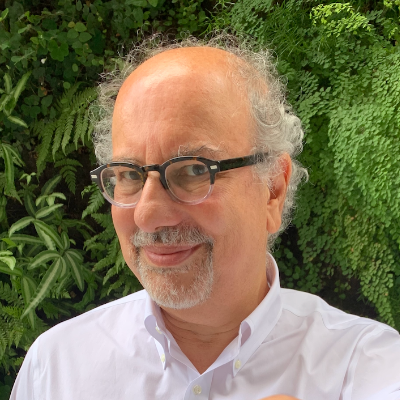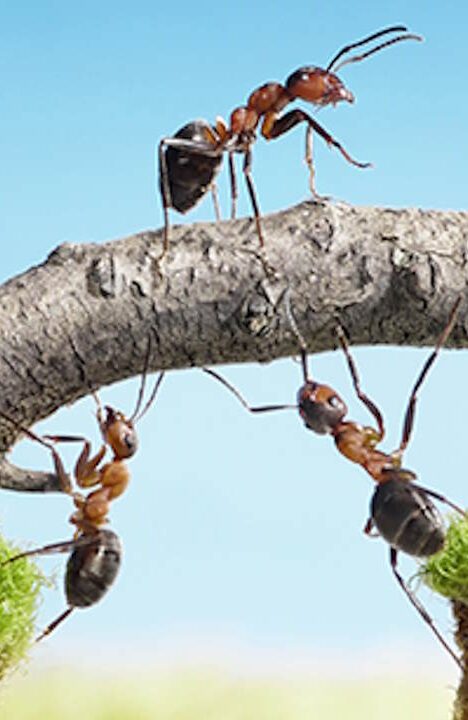
“Size does not equal strength.”
Barry Nalebuff has been a Professor at the Yale School of Management for over 30 years, where he teaches negotiation strategies and game theory. His new book on negotiation is called Split the Pie.
Does power in a negotiation always lead to better negotiation outcomes? According to game theorist and Yale professor Barry Nalebuff, the answer is no. It’s much more effective to maximize the joint benefit from a deal and then split it fairly. In this interview, he explains how that works.
Professor Nalebuff, you believe that many negotiations aren’t handled right. How so?
Most people don’t know what they’re negotiating about – and that’s where the problem begins. We need to find out what the negotiations involve and then discuss how to split the gains fairly.
Let’s assume we’re not negotiation experts. What exactly is the “negotiation pie”?
I’ll give you an example. Imagine two people. Person A has EUR 5,000 and can get one percent interest on this amount, i.e. EUR 50. Person B has EUR 20,000 and can get two percent interest, i.e. EUR 400. Together, they could get three percent interest on their combined amount of EUR 25,000, i.e. EUR 750. What figure makes up the pie?
The EUR 750, surely?
No – that’s the mistake most people make. In reality, it’s all about the extra amount that each person receives as a result of joining forces. Previously, they would have received EUR 450 in total; now, it’s EUR 750. So the pie is only this EUR 300 difference and this is what needs to be divided equally.
That’s unfair though. After all, person B has invested four times as much initial capital in the deal.
Yet the extra EUR 300 is only achievable when they both invest together. Both parties are equally needed, so both should get the same amount.
Download the magazine to continue reading the entire interview:
Fill out the contact form to receive the magazine issue. You will then receive the entire issue by e-mail.

